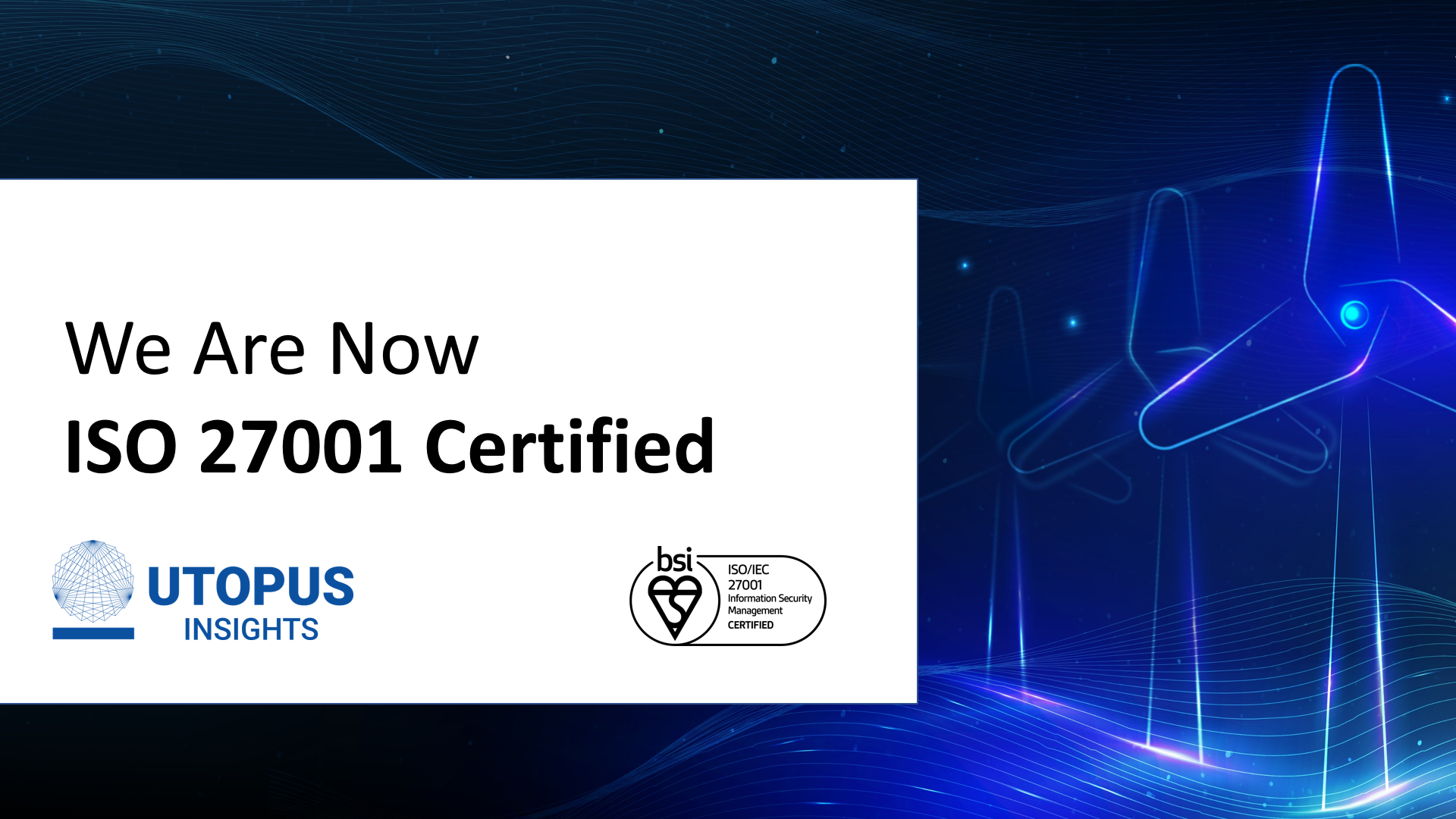Increasing renewables reliability with demand forecasting and battery storage

One important piece of the energy transition puzzle is how to optimally integrate energy storage technologies to make renewable energy more reliable and available on demand, overcoming its variable nature. The cost of batteries has decreased rapidly in the last decade and this trend is projected to continue to 2045 and beyond. This decline has facilitated various applications by integrating batteries with electricity generation and distribution. For example, utilities have used batteries to store cheap energy during off-peak hours and dispatch it during peak hours to effectively mitigate that daily solar generation and demand patterns do not overlap. This is known as “lift and shift” or peak shaving. Studies indicate that in countries where gas is imported, battery storage is now the cheapest new-build technology for peaking.
With peak shaving, the goal is to reduce the peak load as prices are higher during those hours. Charging the battery with the maximum possible solar energy is important as it is the cheapest and one of the most sustainable sources of energy.
As data scientists working in renewable energy, we like challenging ourselves, as well as contributing to the scientific world. Earlier this year, with data science collaborators, we participated in the Presumed Open Data Challenge organized by Energy Systems Catapult, a technology and innovation center in the United Kingdom and Western Power Distribution, a UK utility. The goal was to develop an optimal battery scheduler that takes the most solar energy from the Newton Downs Solar Plant, a local community solar farm, and is then used to reduce peak demand from the local grid, utilizing the stored solar power.
We stood fifth in the competition which comprised 55 teams from 72 organizations and 15 countries.
The team utilized electric demand, solar PV generation, and weather data going back several years to design an optimal scheduler for a battery storage device. We were measured on a combination of how much clean energy was fed into the battery, and how much this clean energy in the battery can support the evening peak demand.
Our refined methodology divided the problem into three steps: demand forecasting, solar forecasting and the battery scheduler. In the demand forecasting step, we trained a machine learning model on historical data and generated a demand forecast for the following week. Similarly, in the solar forecasting step we trained another machine learning model and predicted solar output for the following week. In the next step, we proposed a battery scheduler that could ingest the previously generated forecasts and output an optimal schedule. The innovative part of the paper lies in minimizing the impact of errors in solar and demand forecasts to accurately optimize the battery scheduler.
Our final back-tested modeling approach had an even stronger result and got published in the Energies journal. The results published proved to be highly competitive and create a good basis for product development within Utopus Insights.
The future energy system will be decarbonized and electrified, and this is an increasingly complex system that can no longer be controlled by humans and analogue technology. This is a good example of how advanced algorithms and analytics are now enabling the energy transition.
Thank you to Energy Systems Catapult and Western Power Distribution for the great challenge and to Utopus Insights for the continuous support to innovate and advance renewables into the electric grid!
News and Events



Utopus Insights India Private Ltd.
Roach Icon, #1, 3rd Floor, Doddanekundi,
Bengaluru, India 560037
Utopus Insights Budapest
New Work - Science Park, Irinyi József u. 4-20, Budapest, Hungary 1117







